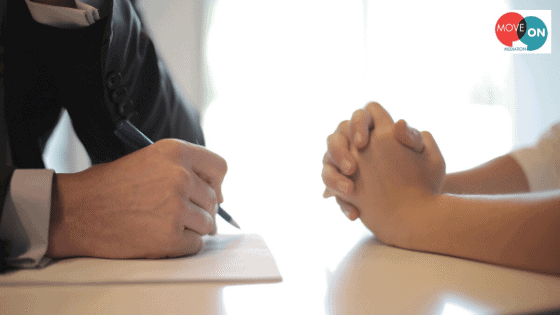June 15, 2020
Mediation

When you look into whether family mediation might be the best option for you, you’ll probably have lots of questions about the process. The most common question we get is ‘what happens at family mediation?’.
To get a better understanding of what happens at family mediation, we need to break the process down into three key stages:
Before you decide to proceed with family mediation, our family mediator has a discussion with you about what to expect from mediation.
We help you understand the process from start to finish, how long it may take and what the costs will be.
Once you decide to engage a family mediator, you will be sent an invoice for the fees for your mediation session and a formal Agreement To Mediate for you to sign and return.
Once this has been returned and the fee paid, we confirm the date and location for a formal mediation session.
Before this takes place, we hold an intake session with both parties.
This is done a day or so before your booked mediation session. During the intake session, we explain the process to each person separately and you ask any questions you may have about your mediation process.
We also try to get you to tell us the background to the issues you want to discuss at the mediation and how you would like to get them resolved.
Conversations at the intake sessions are completely confidential and will not be disclosed to the other party at any stage of the process.
Intake sessions are not limited to a set time. This allows you to get all the information you need before we head into the family mediation session.
During your family mediation session, both parties and the mediator will sit down together, either in person or via a phone or video session.
The mediator will then help both parties discuss the issues they need to resolve and try to find an outcome to which both parties can agree.
By reaching a negotiated agreement to settle your disputes, you’ll be able to avoid having to go to court and having a judge decide matters for you.
Usually one mediation session is sufficient to resolve all issues but more than one session may be required to reach an agreement.
If you reach an agreement on all your issues during your mediation session, we will then draft an Agreement Reached at Mediation document.
This can then be used in a few different ways, including:
If you are unable to reach an agreement at family mediation, you will then probably have to take your issues to the Family Court and a judge will make a decision for you.
Using a family mediation specialist can help you to save time, save money, finalise your conflict in a respectful manner and, most importantly, allow you to move on with your life.
To find out more about how Move On can help you move on, get in touch with Ian Shann today.
Accredited Family Mediator in Perth
My commitment is simple—to help keep separated couples out of the Family Court and minimise their need for lawyers, saving them time, money and anguish. Under my guidance, separated couples are able to Move On with their lives through family mediation.
The process was so much quicker and easier than I anticipated – after everything I have heard about lawyers! And it was re-assuring for me to know how much it was going to cost at the start, not when it was all over. Thanks, Ian. I’d recommend you to anyone who wants a solution seeker and quick results.
— Bree F, Fremantle WA
Ian, your patience and persistence really helped us get to an agreement I thought we could never reach. I’d recommend you to anyone who wants to get family issues resolved as painlessly as possible.
— Michael G, Safety Bay WA
Thank you once more for your kindness, wisdom and counsel.
— Georgie N, Wangara WA
Ian worked hard to enable us to reach an agreement. He was always happy to discuss and explain everything we needed.
— Cathy & Steve, Subiaco WA